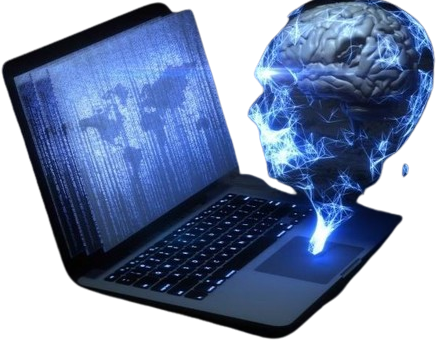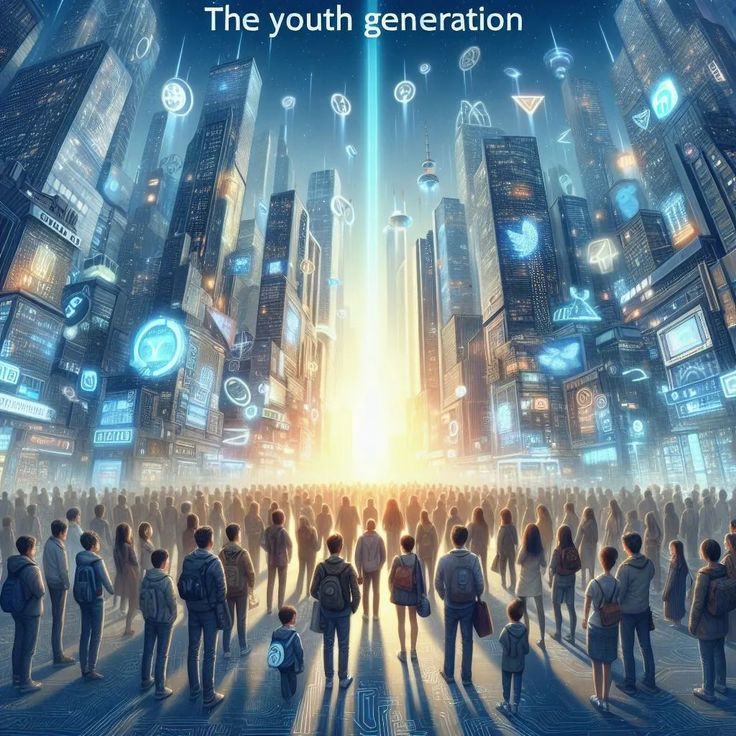One effective way to fight for social change and advance equality, justice, & human rights is to support projects that increase access to justice and provide legal assistance. When it comes to combating discrimination, promoting the interests of oppressed groups, and resolving structural injustices, legal aid organizations and advocates are indispensable. Using legal assistance to promote social change may be approached in the following ways:
First, there’s impact litigation, which is a method of taking deliberate legal action to combat unfair policies, laws, or practices that keep social inequities alive. In order to effect systemic change, legal aid groups must first identify critical concerns impacting disadvantaged populations and then pursue historic cases. Legal precedents, legislative changes, and increased institutional responsibility may all be achieved via impact litigation through successful court verdicts or settlements.
2. Advocating for Change: Organizations that offer legal assistance may take part in policy advocacy in order to affect changes in laws, rules, and government actions that affect underrepresented groups’ ability to access justice and their rights. As part of this process, you may need to gather information, formulate ideas for new laws, meet with legislators, and rally the public behind these changes. To fill up the gaps in legal aid and ensure that underserved populations have access to justice, legal aid organizations must fight for progressive legislative frameworks and budget allocations.
Third, giving people the tools they need to stand up for themselves is essential for long-term social change. Community organizing, grassroots attempts to remedy local inequities, and access to legal training and instruction are all areas in which legal aid providers may play an important role. Legal aid organizations may help underrepresented populations get their voices heard and work toward systemic change by forming alliances with local groups and encouraging collective action.
4. Campaigns to Raise Public Awareness: In order to create a wave of social change, it is crucial to educate the public on the importance of human rights, equitable access to justice, and other related problems. Public events, social media campaigns, and media campaigns may help legal aid groups educate the public, dispel preconceptions, and rally support for reforms in the judicial system. Legal assistance organizations may rally public support and put pressure on policymakers to make changes by sharing personal narratives, interacting with the media, and encouraging open discussion.
5. Intersectional Advocacy: Promoting positive social change requires an understanding of the many ways in which oppression and marginalization manifest for disadvantaged groups. Providers of legal assistance would do well to embrace an intersectional perspective, which takes into account the ways in which injustice is exacerbated by characteristics such as gender, class, disability, immigrant status, and racism. To better meet the varied needs of oppressed people and communities, legal aid groups should work to eliminate all forms of oppression and promote comprehensive solutions.

6. Creating Alliances: In order to garner widespread support for social change efforts, it is crucial to work in tandem with other stakeholders, advocacy groups, and social justice organizations. To increase the impact of their advocacy and pool their resources, legal aid organizations might team up with other groups such as labor unions, human rights organizations, academic institutions, and civil society organizations. A more just and inclusive society may be advanced by legal aid groups by forming coalitions based on common principles and objectives.
Ultimately, promoting social justice via legal assistance requires an integrated strategy that incorporates litigation, policy advocacy, empowerment of communities, public awareness initiatives, intersectional analysis, and alliance development. Legal aid organizations may make a difference in creating a more fair, equal, and rights-respecting society by sharing their knowledge, connecting people, and using their resources.

